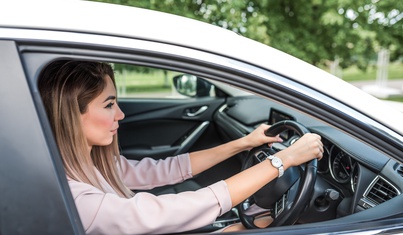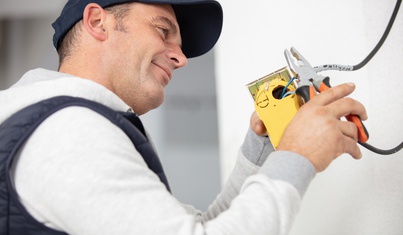The VAT Flat Rate Scheme has been designed to simplify the way a business accounts for VAT and in so doing reduce the administration costs of complying with the VAT legislation. The scheme is open to businesses that expect their annual taxable turnover in the next 12 months to be no more than £150,000.
A limited cost trader check was introduced in April 2017 and can increase the VAT flat rate percentage used by VAT registered businesses that use the Flat Rate scheme. If you meet the definition of a 'limited cost trader' you are required to use a fixed rate of 16.5%. The highest 'regular' rate is 14.5%.
A limited cost trader is defined as one whose VAT inclusive expenditure on goods is either:
- less than 2% of their VAT inclusive turnover in a prescribed accounting period;
- greater than 2% of their VAT inclusive turnover but less than £1,000 per annum if the prescribed accounting period is one year (if it is not one year, the figure is the relevant proportion of £1,000).
For some businesses - for example, those who purchase no goods, or who make significant purchases of goods – the outcome of the test will be self-evident. Other businesses need to complete a simple test, using information they already hold, to work out whether they need to use the higher 16.5% rate. If so, the use of the flat rate scheme will probably not be beneficial.



